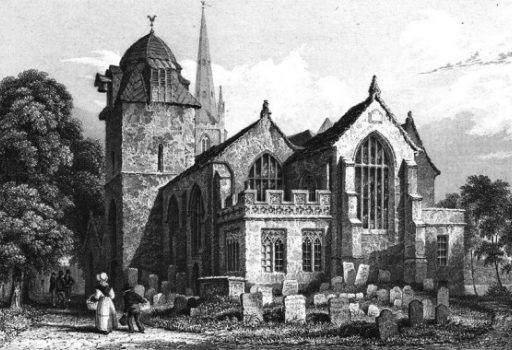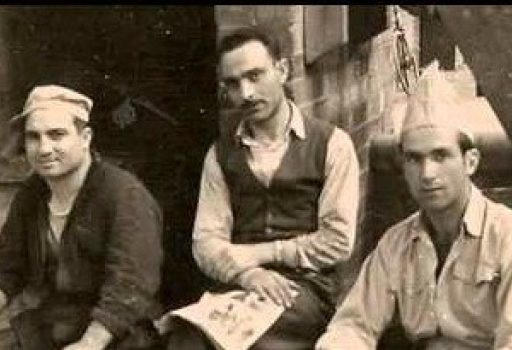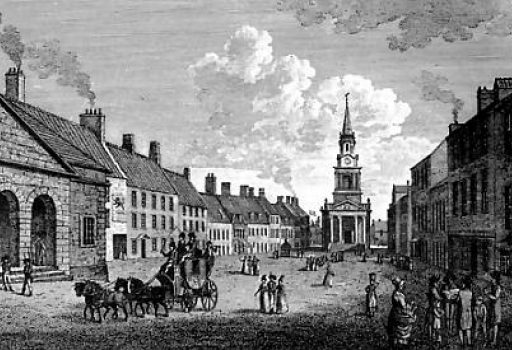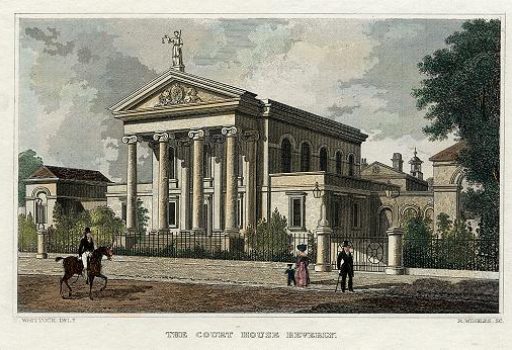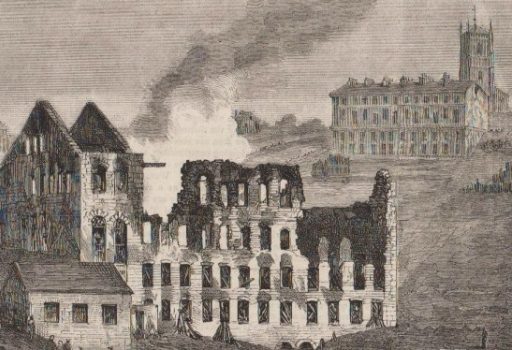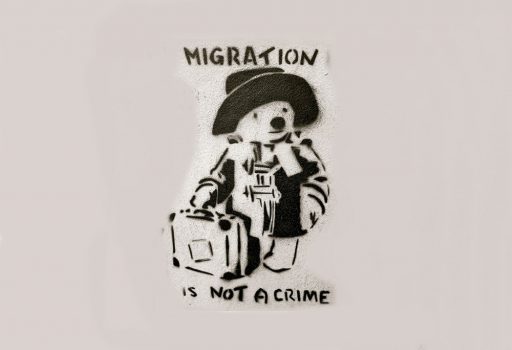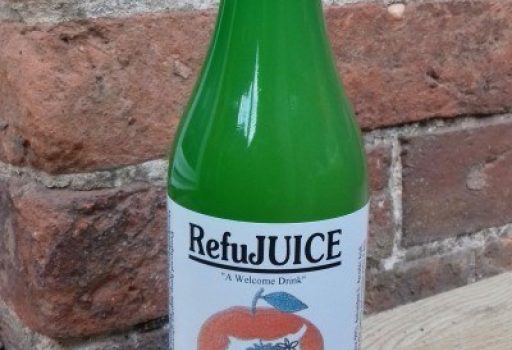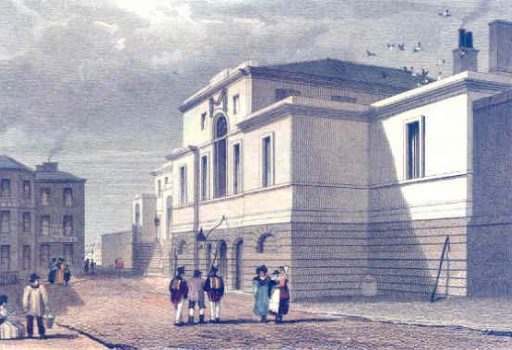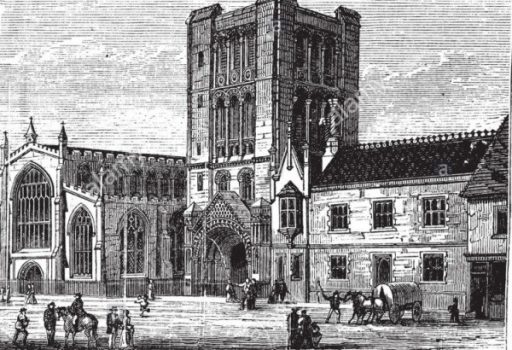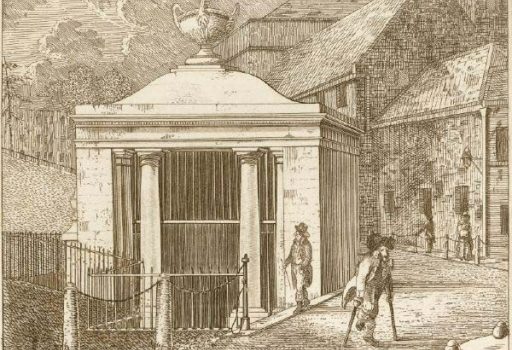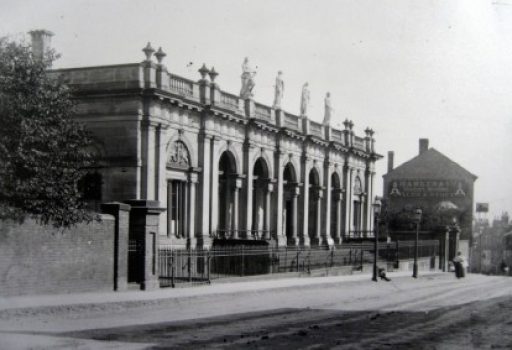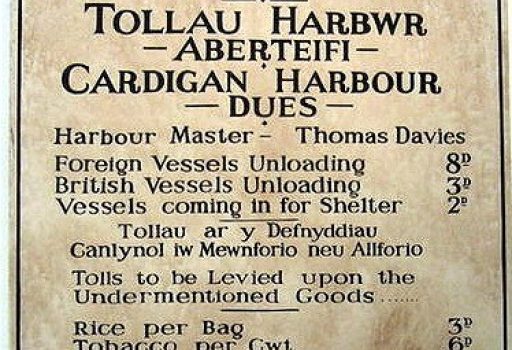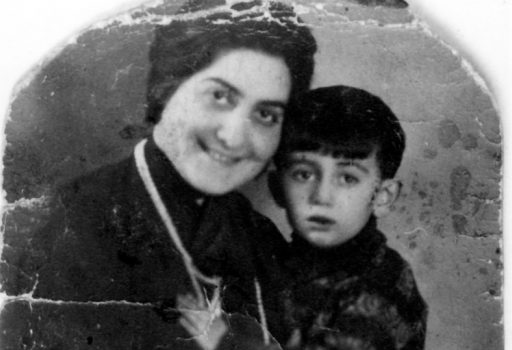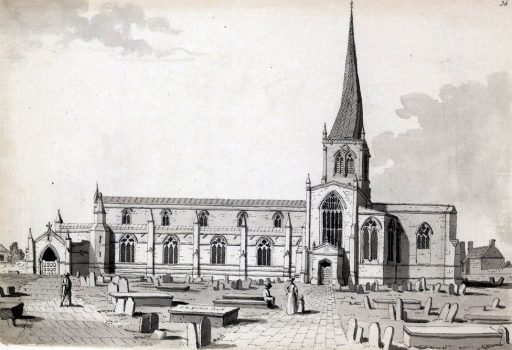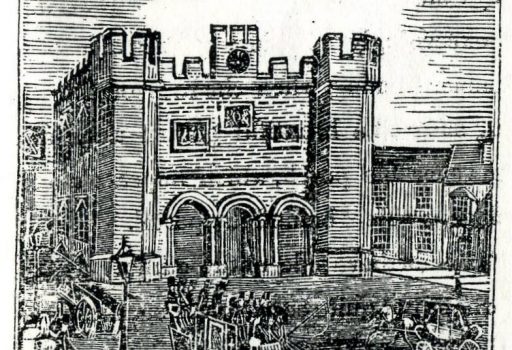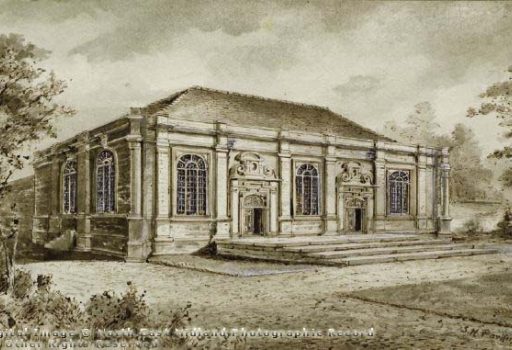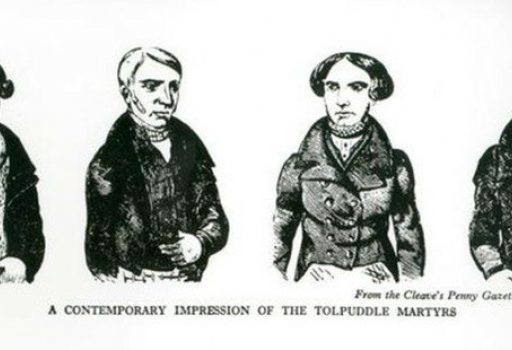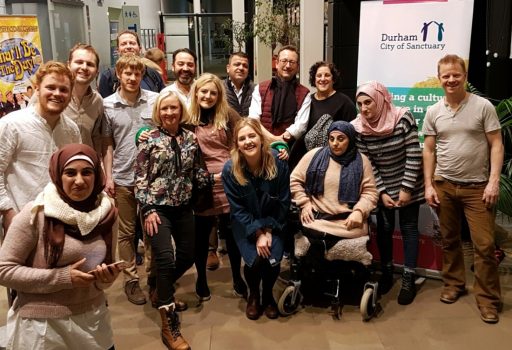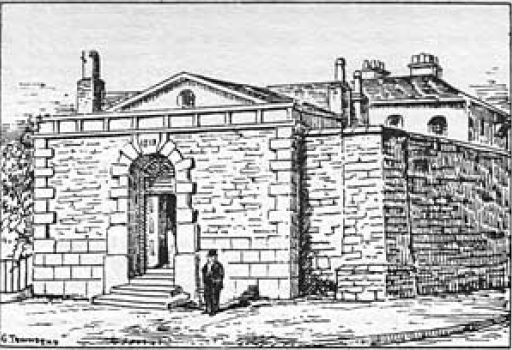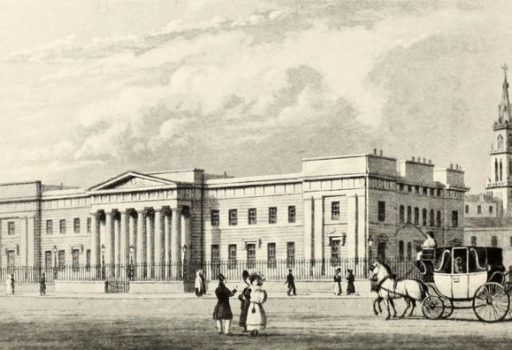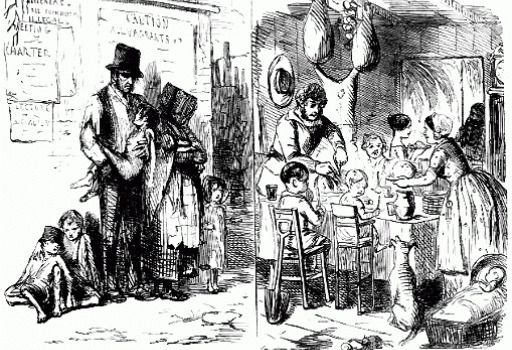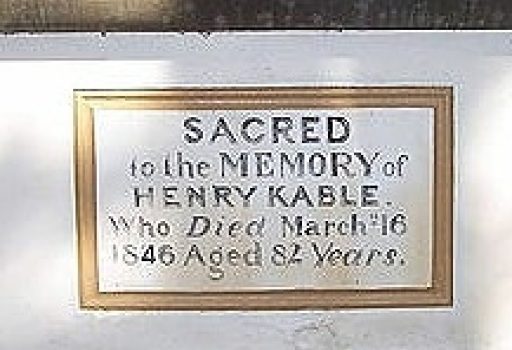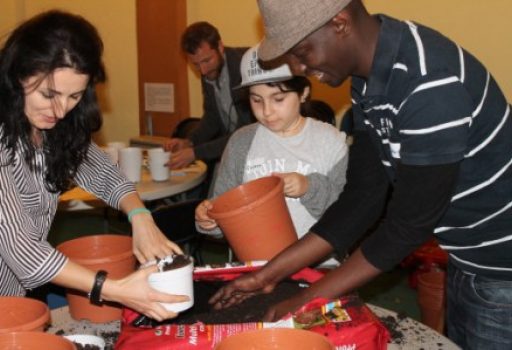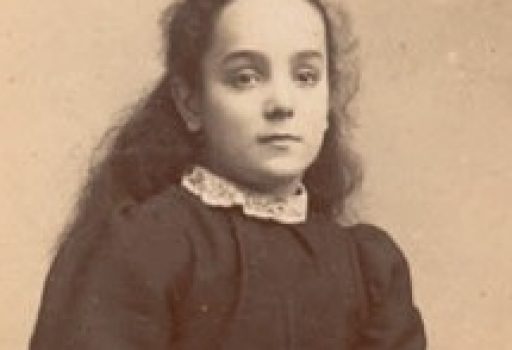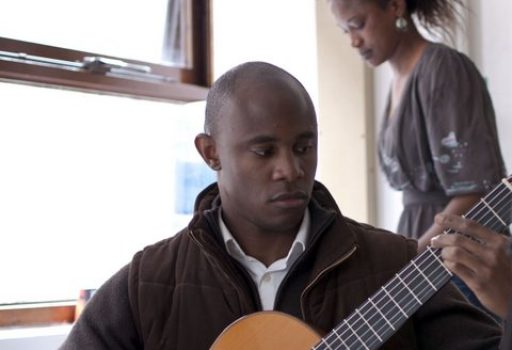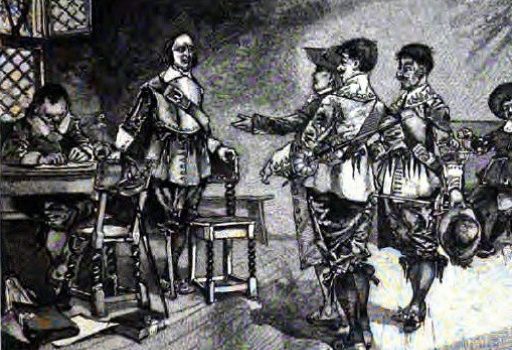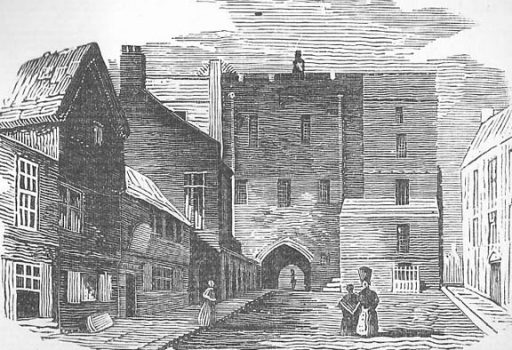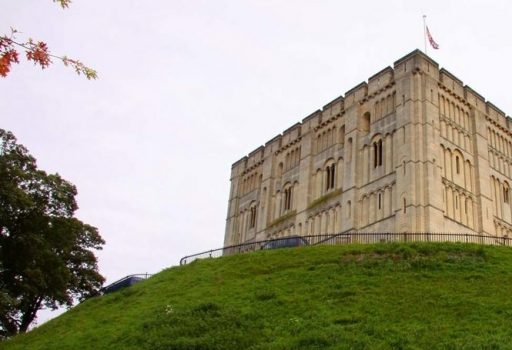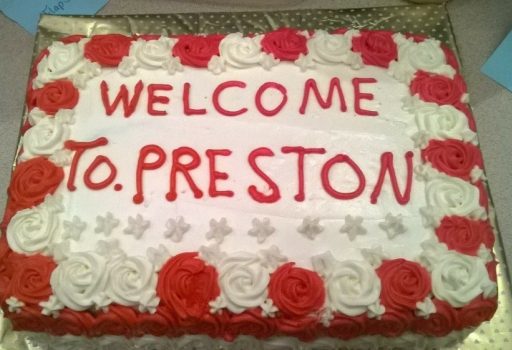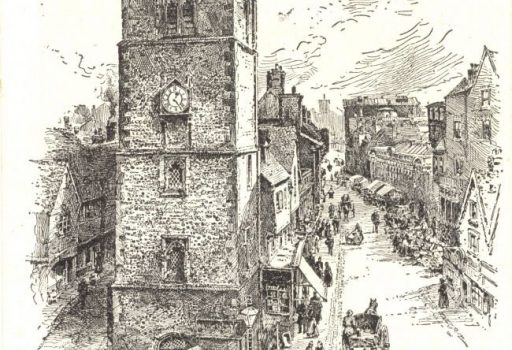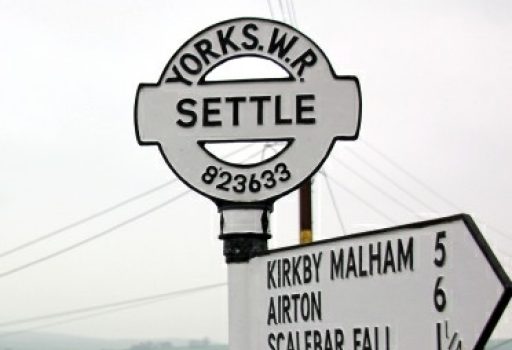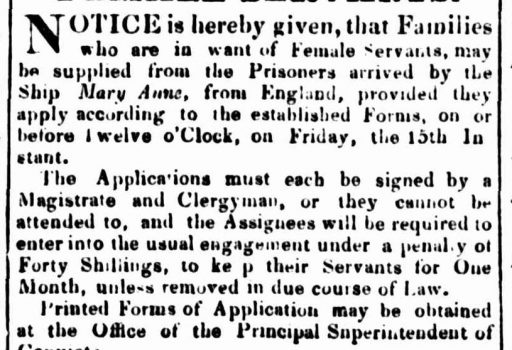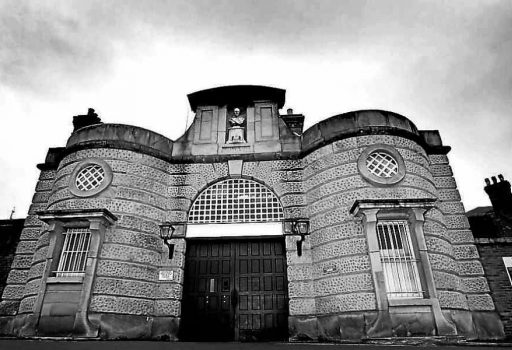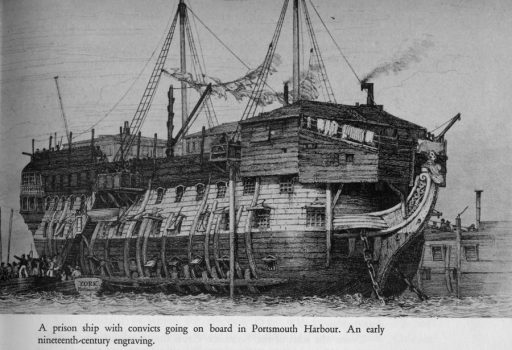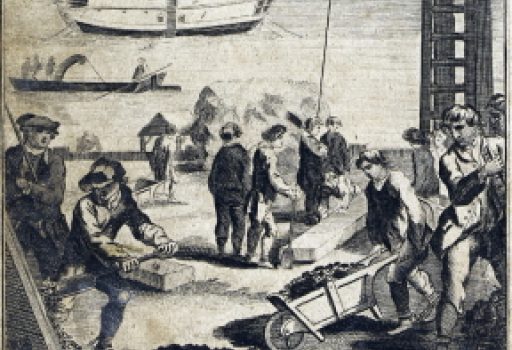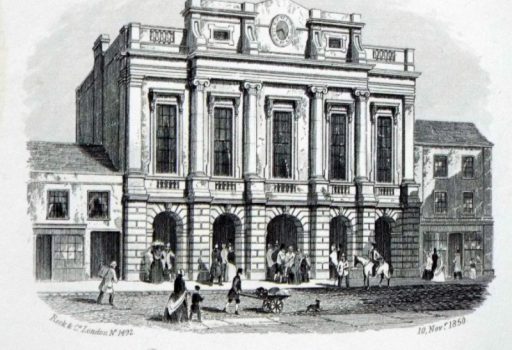Human Cargo comes to Plough Arts Centre in Torrington on 23rd May. We're delighted to partner with North Devon Refugee Solidarity, North Devon Sunrise and Bude Welcomes Refugees for the show. North Devon Refugee Solidarity works to collate and support the many people and groups working in the area to help North Devon become a 'Sanctuary' area for refugees. North Devon Sunrise arose in 2009 as a social group for refugees, migrant workers and asylum seekers. It has grown to provide a broad range of support for people from Black and Minority Ethnic (BME) and diverse communities. Bude Welcomes Refugees works to support refugee families in Bude, to gather donations for refugees abroad and to raise awareness of the issue.
MARTHA CROSSCOMBE lived with her husband Charles and four children near Little Torrington. Both worked as farm servants. Martha was 44 years old when in 1829 she appeared before the Quarter Sessions at South Molton, accused of stealing a cheese. As a dairy maid she must have handled a lot of cheeses. We don’t know the detail of the case but she had no previous convictions and the theft was hardly a major one. But for this crime, and despite her having to leave behind a family, she was sentenced to seven years transportation. She arrived in Van Diemen’s Land (Tasmania) two years later.
JAMES LEVERTON was a teenage farm servant, four foot eleven inches tall, who lived with his parents in Great Torrington. His father James was a leather draper. One day in 1835, he and his pal JOHN HOLLOWAY, also 15 years old, went to the market in Great Torrington and stole six pieces of lace from a haberdasher there. They took these to Castle Street where they sold the lace cheaply to some girls. They were caught and tried at the Quarter Sessions in Plymouth. The Assessor decided to make an example of them and sentenced each to be transported for seven years. They arrived in New South Wales that December. Two years later Leverton was caught absconding from his job as a baker. In 1844 he finally won his freedom. By now he measured five feet six and a half inches tall.
During the early nineteenth century, ships would arrive in Appledore and Bideford loaded with Canadian timber. The holds would then be filled with rough bunks to house emigrants from North Devon, who headed mostly for Nova Scotia, Prince Edward Island and Quebec. It’s estimated 9,000 to 10,000 people migrated from North Devon between 1830 and 1855 – a high figure for so sparse a population. Most never returned. But LOUISA LOGGIN of Woolsery did. She married a Bideford man and in 1831 they sailed to Prince Edward Island with their two children. But both children soon died and Louisa returned alone the next year and died within twelve months.
Other emigrants prospered. Also in 1831, miller HENRY ELLIOTT left Parkham for Ontario, met and married another Devonian emigrant there, MARY OKE of Bradworthy, and went on to own a large mill in Hampton, Ontario. Read more here of this emigration from North Devon.
When the railway reached Bideford in 1855, emigrants departed via Bristol or Plymouth, rather than via local ports in North Devon.
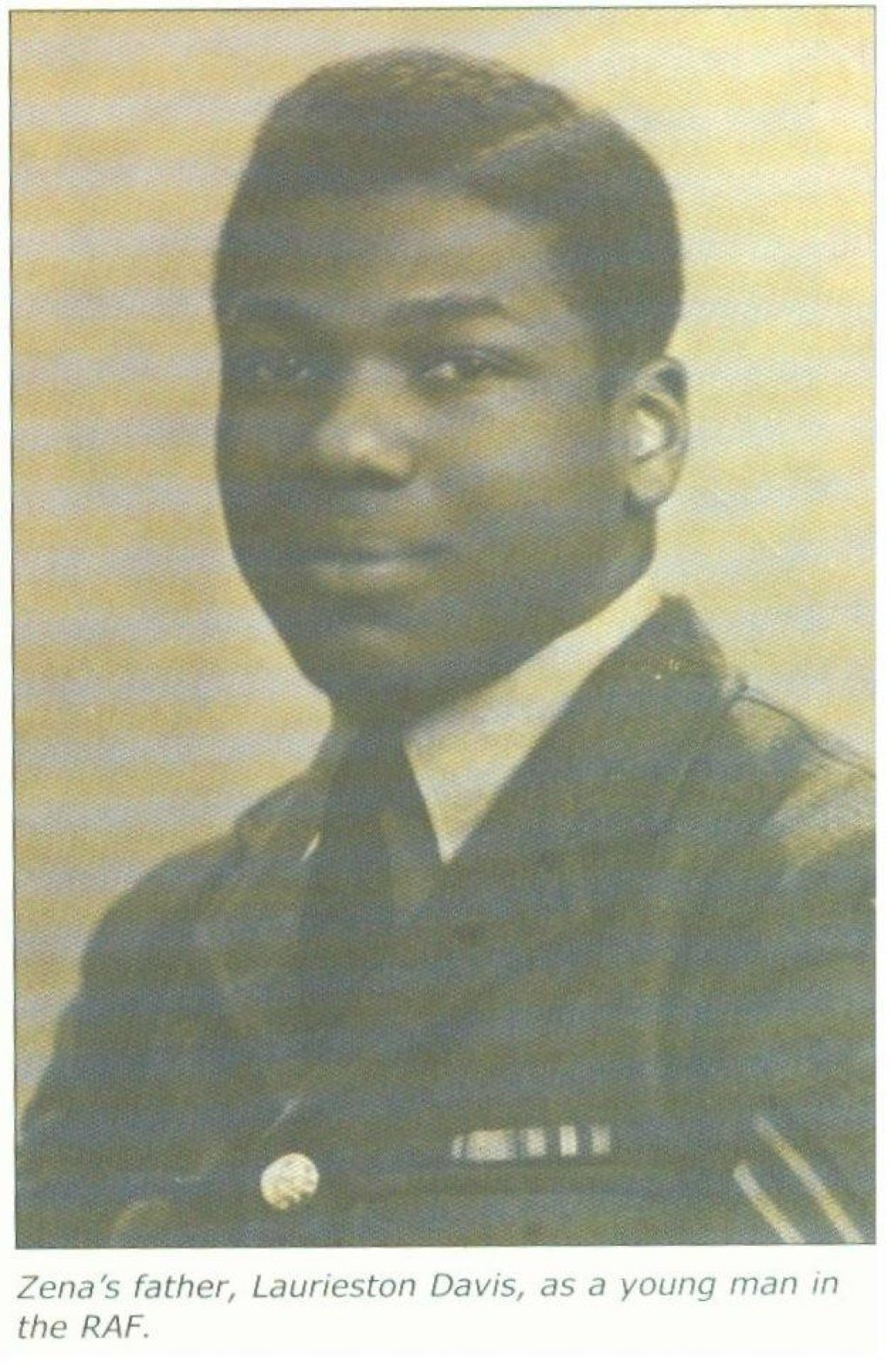
There’s a long history of welcoming refugees to North Devon. Huguenots arrived in Barnstaple after 1685, escaping religious persecution in France. They helped the town develop a strong business in making and dyeing wool. The first Huguenot congregation was set up in Bideford in 1695. More here.
Committees were set up throughout Britain to welcome the nearly 250,000 Belgian refugees who arrived in the autumn of 1914. Combe Martin alone took many families. For example, the local committee took and furnished a house in Mill Meadows to house eight women and children.
LAURIESTON DAVIES joined the RAF in Jamaica, then arrived in Britain in 1948 on the Empire Windrush. He married an Englishwoman. They lived at the airbase at Chivenor, near Barnstaple. He died young at 45, one week before being appointed the first Black magistrate in Devon. His daughter Zena Burland writes about her father here.
http://www.blacknetworkinggroup.co.uk/local_black_history.htm#Compensation%20for%20slavery
In December 2016 the good people of Torrington managed to infuriate the tabloid press by not responding to the arrival of Syrian refugees with appropriate hostility. Instead they organised a massive collection of clothes and toys to welcome those settled in the area.
